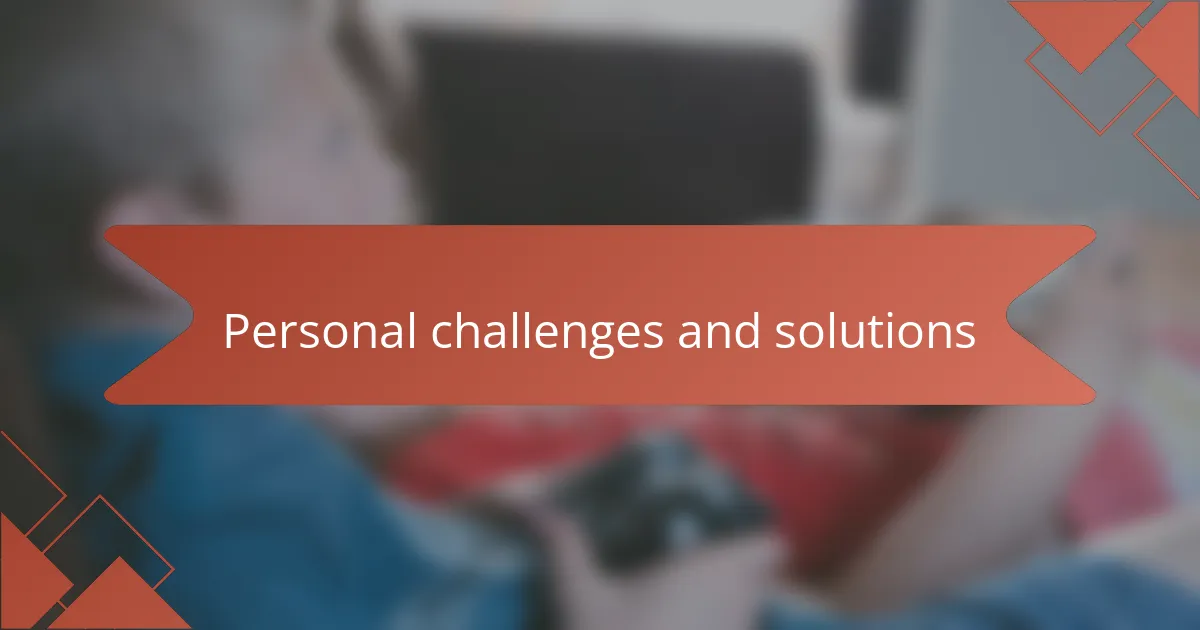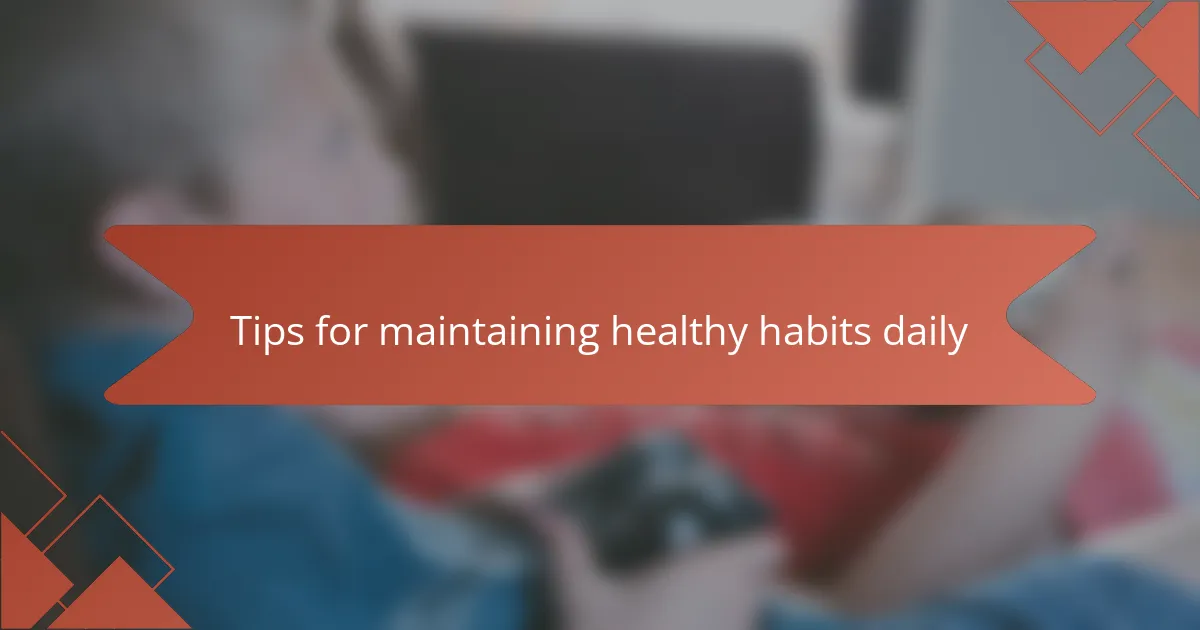Key takeaways
- Whole30 is a 30-day program that focuses on eliminating certain food groups to reset your relationship with food and enhance overall well-being.
- Participants often experience increased energy levels, reduced cravings, and improved emotional balance throughout the process.
- Key principles include avoiding sugar, grains, dairy, and alcohol, while emphasizing real, whole foods and mindful eating practices.
- Incorporating Whole30 into family life fosters connection and shared learning, leading to healthier habits and improved family dynamics over time.

What is Whole30 concept
Whole30 is a 30-day nutritional reset designed to help you identify how certain foods affect your body and mind. I remember being curious—could simply cutting out sugar, alcohol, grains, legumes, dairy, and processed foods really make a difference? It turned out to be more powerful than I expected.
The program isn’t about counting calories or weighing portions, but about changing the way you think about food and its impact on your overall well-being. Have you ever considered how something as everyday as a snack could be affecting your energy or mood? That’s what Whole30 asks you to explore.
What I found most eye-opening was how this concept encourages a clean slate—a chance to break old habits and reconnect with real, whole foods. It’s not just a diet; it’s a mindful journey to listen closely to your body’s needs.

Benefits of adopting Whole30 lifestyle
One of the biggest benefits I noticed after adopting the Whole30 lifestyle was a surprising boost in my energy levels. I used to hit that mid-afternoon slump almost every day, but cutting out processed and sugary foods helped me feel consistently more alert and focused. Have you ever wondered if what you eat could be quietly draining your energy? For me, Whole30 was the answer.
Another change that really struck me was how my cravings shifted. Initially, I thought giving up so many foods would leave me feeling deprived, but the opposite happened. My taste buds seemed to reset, and I began genuinely enjoying simpler, natural flavors. It was like discovering food all over again—and that sense of control over eating was incredibly empowering.
The emotional side of adopting Whole30 surprised me the most. I found myself less moody and more balanced throughout the day, which made me reflect on how intertwined food and emotions really are. It made me ask: Can a nutritional reset really improve mental clarity? In my experience, Whole30 didn’t just change my plate; it changed how I felt in my own skin.

Key principles of Whole30 program
One of the key principles that stood out to me was the strict elimination of certain food groups—no sugar, grains, dairy, legumes, or alcohol for a full 30 days. At first, this felt daunting, but I soon realized it’s this clean break that helps reset your body and reveal how these foods truly affect you.
Another thing I appreciated was the emphasis on eating real, whole foods without obsessing over calories or macros. It shifted my focus from numbers to nourishment, making me more mindful about what I put on my plate and how it made me feel afterward.
What really resonated was the program’s strict no “cheat” rule—you can’t just take a bite of forbidden food and call it a day. This part was tough, but it forced me to build discipline and be honest with myself, ultimately changing my relationship with food in a lasting way.

Planning a Whole30 inspired routine
Planning a Whole30-inspired routine meant more than just swapping out ingredients for me—it required a shift in mindset. I asked myself, how can I prepare meals that feel nourishing and familiar, yet fit within the program’s boundaries? That reflection led me to prioritize batch cooking and simple recipes that eased daily decision-making.
I also realized that without a plan, it’s easy to slip back into old habits. To avoid that, I started creating weekly grocery lists focused on whole foods and set specific times for meal prep. It wasn’t just about convenience; having that structure gave me confidence and made the process less overwhelming.
What surprised me most was how planning extended beyond food. I began scheduling time for mindful eating and even short walks after meals, which deepened my awareness of how certain foods affected my energy and mood. This routine wasn’t just practical—it became a way to tune into my body in a new, meaningful way.

Personal challenges and solutions
Sticking to such a strict plan wasn’t easy at first. I remember moments when social gatherings felt like minefields—how do you say no to a slice of cake or a glass of wine without feeling left out? It taught me to communicate my goals openly and find support in unexpected places, which made the process less isolating.
Another challenge was managing cravings and sudden energy dips, especially in the early days. There were times I questioned whether I could really maintain this lifestyle long-term. But gradually, I learned to listen to my body’s signals better and replaced old cravings with healthier habits, like sipping herbal tea or eating a handful of nuts.
Sometimes, I struggled with meal boredom and the temptation to revert to old favorites. That’s when creativity became my best ally—experimenting with new herbs, spices, and cooking methods kept my meals exciting and made me feel proud of the choices I was making. Have you ever had to reinvent something in your life to keep it fresh? For me, this was no different.

Incorporating Whole30 into family life
Bringing Whole30 into family life wasn’t just about changing what we ate; it became a shared adventure. I noticed that involving my kids in meal prep—letting them wash veggies or choose which herbs to add—sparked their curiosity about food. Have you ever seen how a little hands-on involvement can turn picky eaters into enthusiastic participants? For me, this simple act created moments of connection and learning around the dinner table.
Balancing everyone’s tastes was another challenge. My partner and children had their usual favorites, so I learned to adapt Whole30 principles without making meals feel restrictive. For instance, swapping out pasta for zucchini noodles or using cauliflower rice instead of white rice kept things familiar yet aligned with the plan. It was about finding that sweet spot where nourishing meals didn’t feel like a compromise but rather a delicious new habit.
What truly surprised me was how adopting this routine influenced our family rhythm beyond the kitchen. Mealtimes became more intentional—a pause to share, reflect, and recharge together. It made me realize that Whole30 isn’t just a personal reset; it can become a catalyst for healthier family dynamics and a legacy of mindful eating. Have you noticed how food habits can ripple through the whole household? For us, this became an unexpected gift.

Tips for maintaining healthy habits daily
One thing I found essential for maintaining healthy habits daily was consistency—showing up for myself every day, even when motivation dipped. Have you ever noticed how skipping just one day can derail an entire week? For me, small, intentional actions like prepping snacks the night before kept me on track without feeling overwhelmed.
Another habit that made a real difference was celebrating the little wins. Instead of beating myself up for missing a workout or indulging in a treat, I learned to acknowledge progress, no matter how small. This mindset shift helped me stay positive and persistent, turning healthy choices into lasting routines rather than short-term fixes.
Lastly, I discovered the power of routines tied to daily rhythms—like sipping water right after waking or going for a brief walk after meals. These simple anchors created a rhythm that gently reinforced my Whole30-inspired habits. Have you ever tried to build a habit by attaching it to something you already do? For me, this approach made healthy living feel natural, not forced.